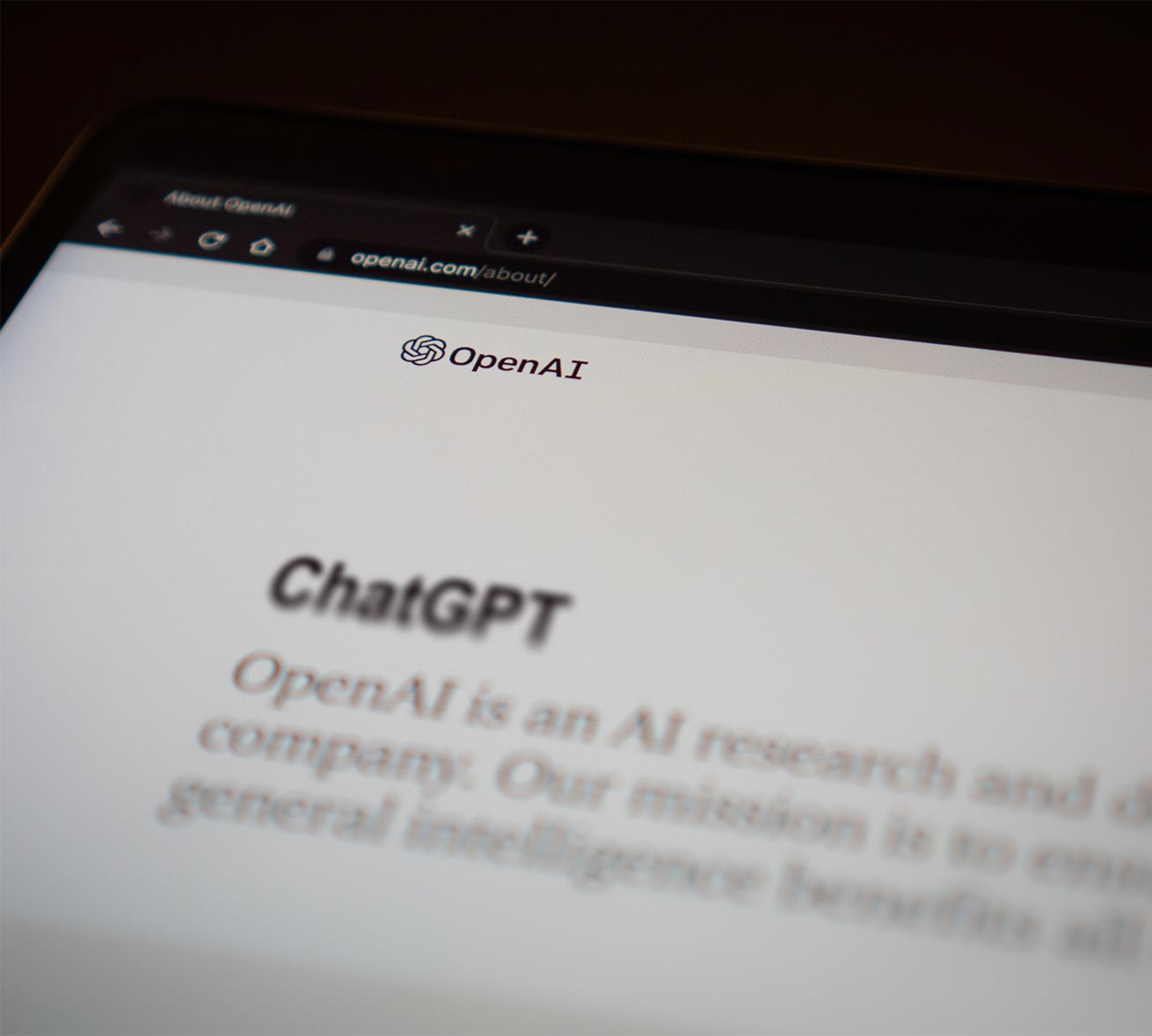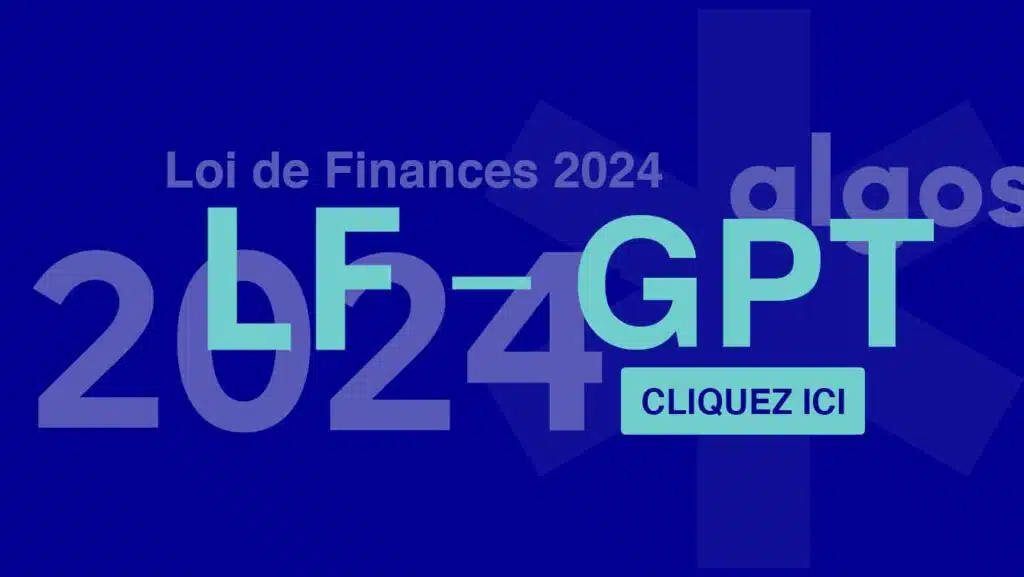Over the past decade, there has been a boom in artificial intelligence around the world. So how did AI achieve such a sway? Through advances in automation, including machine learning and deep learning, and the explosion in data volume. Leading companies like IBM have embraced these innovations, offering AI-powered solutions that are capable of feats once reserved for human intelligence, such as facial recognition.
In this article, we will dissect the meteoric rise of artificial intelligence, its influence on our technologies and the impact of its use in our daily lives. Embark with us on this fascinating exploration of the AI revolution.
Key dates and history of AI:
- Birth of artificial intelligence : promising beginnings (1940-1960)
- AI takes shape: the Turing Test and the Dartmouth Conference (1950-1956)
- L'emergence of neural networks (late 1950s)
- AI challenges man: Deep Blue against Kasparov (1997)
- AI is entering our daily lives: Google and personalized search (2010)
- The explosion of data and computing power (2010s)
- L'era of deep learning (2012)
- AI in Retail: Amazon and the Cashierless Supermarket (2016)
- Conversational AI: OpenAI and ChatGPT (2022)
- The Future of AI: Specialization and Growing Adoption

1. Birth and evolution of artificial intelligence
Artificial intelligence emerged in the 1940s and 1960s, with the emergence of cybernetics. The term "artificial intelligence" was introduced at the Dartmouth conference in 1956, marking the beginning of AI research. It was at this time that researchers such as Geoffrey Hinton, Yann LeCun, and Kunihiko Fukushima began designing multi-layer artificial neural networks. However, the computing power and data available were then insufficient to fully exploit these technologies.
2. Key factors in the rise of AI
The rise of artificial intelligence can be explained by several factors. First, the exponential increase in the computing power of computers has made it possible to process ever-increasing amounts of data. Second, the explosion of data generated by humanity via the internet and the internet of things has provided a massive amount of data to analyze and model. Finally, advances in machine learning and deep learning have made it possible to create increasingly powerful AI models.
3. AI and machine learning: a powerful alliance
Machine learning is a branch of AI that allows a machine to learn autonomously from data. Deep learning, a subcategory of machine learning, uses deep neural networks to model and predict data. These learning techniques have greatly contributed to the rise of artificial intelligence, making it possible to solve complex problems and create new opportunities.
4. AI in our daily lives: AI-based applications
Artificial intelligence has entered our daily lives, particularly thanks to conversational AI such as OpenAI's ChatGPT, or intelligent assistants such as those offered by Amazon. These AI applications are useful for understanding and responding to user queries. AI is also used to personalize search results on the internet, thus improving the user experience.
5. AI and the computing power of computers
The computing power of computers has played a crucial role in the rise of AI. Indeed, AI algorithms require a lot of computing power to process massive data and perform complex operations. Technological advances in processors and cloud computing have made AI more powerful and accessible.
6. AI and big data: a winning combination
AI and big data are two sides of the same coin. AI needs large amounts of data to learn and improve, while big data requires AI to be analyzed and leveraged effectively. This symbiosis has led to innovative and powerful AI applications that can predict trends, optimize processes, and make more informed decisions.
7. AI in many sectors: from health to finance
AI has found applications in many industries, from healthcare to finance. In healthcare, AI can be used to monitor patients, predict diseases, and aid in diagnosis. In finance, AI can help detect fraud, optimize investments, and improve customer service.
8. Intelligent assistants: a form of omnipresent AI
Smart assistants, like Amazon’s Alexa or Apple’s Siri, are a form of AI that is ubiquitous in our daily lives. They use AI to understand and respond to user queries, making our lives easier and more connected.
9. Risks related to AI: a necessary reflection
While AI offers many opportunities, it also presents risks. It is therefore necessary to think about the ethical implications of AI, the protection of personal data, and how to prevent malicious uses of this technology.
10. The future of AI: towards an era of even more powerful AI
The future of AI looks bright. With the continued increase in the generation of ever-increasing data, AI is expected to continue to evolve and become more specialized. Generative AI tools are experiencing explosive growth and are increasingly being used in various business functions.
In summary:
- AI has grown dramatically in recent years, transforming many industries and our daily lives.
- The explosion of data and advances in machine learning are the key factors behind this growth.
- AI and machine learning are closely related and have helped solve complex problems.
- AI is omnipresent in our daily lives, particularly thanks to intelligent assistants and the personalization of internet search results.
- Technological advances have increased the power of computers, making AI more efficient.
- AI and big data are a winning combination, enabling the creation of powerful AI applications.
- AI has found applications in many sectors, from healthcare to finance.
- Intelligent assistants are a form of AI that is omnipresent in our daily lives.
- It is necessary to think about the risks associated with AI and the protection of personal data.
- The future of AI looks bright, with continued evolution and specialization of this technology.
At Algos, our ambition is clear: to be your partner of choice in Integrating artificial intelligence into your business. If you aspire to a digital transformation driven by AI and want to work with a dedicated and innovative team, do not hesitate to follow us. Together, let's explore the future of digital!





